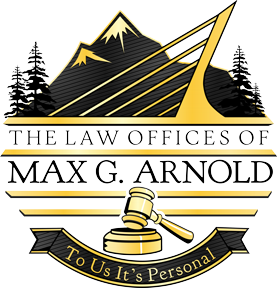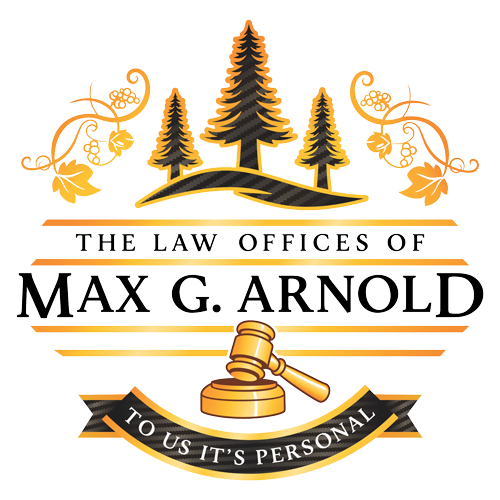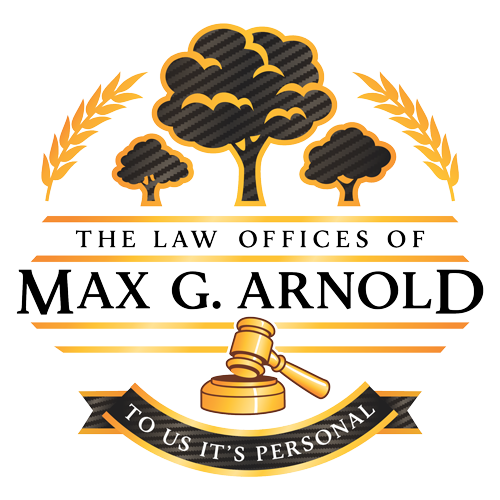Where Do I Start My Wrongful Death Claim?
Where Do I Start My Wrongful Death Claim?
If you believe that your loved one died due to someone else’s negligence, a wrongful death lawsuit could provide you with relief and justice. The first step is to speak with a wrongful death attorney who can help you file your case. This can make the legal process easier for you, and ensure that your rights are protected from the start.
Preparing For A lawsuit
Having a loved one die from an accident can be devastating. It’s not only emotionally painful, but it can also leave you financially strapped. However, filing a lawsuit can be a way to hold the responsible parties accountable and get justice for your family. Wrongful death claims can help you recover compensation for lost income, medical bills, and funeral costs, among other damages. While every case is different, it can take months or years to resolve a wrongful death claim. The time frame depends on the complexity of the case and the judge’s willingness to allow for a more thorough investigation and depositions. Before you file a lawsuit, it’s important to gather all available evidence and contact any witnesses who may be helpful in your case. Gathering these details early will make the process go much more smoothly later on.
Filing A lawsuit
The first step in filing a lawsuit is to prepare and file a complaint with the court. This is a formal document that describes the injury, how it occurred, and what relief you seek (such as money for your losses). You must also show that the defendant owed your loved one a duty of care. The breach of this duty caused the wrongful death. You can also pursue a claim for noneconomic damages, including lost wages and restitution of your intangible losses. These may include your loss of companionship, love, and emotional support.
Preparing For A Deposition
Depositions, also known as pre-litigation, are a vital step in the litigation process. They allow both sides to obtain sworn testimony that they could otherwise not receive in court. They can strengthen a case, promote settlement, or narrow the issues in dispute. These interviews can also help determine how credible a witness is and see where their stories align with others. Answering questions honestly and focusing on the answers asked, rather than what you think the opposing attorney might want to hear, can go a long way in ensuring that the deposition goes smoothly. It is important to be mindful of the transcript as the court reporter is recording everything you say during the deposition, including head nods and other non-verbal gestures, so speak clearly and slowly. And always ask to see exhibits before you answer questions about them. This will ensure that you don’t say anything that is inaccurate and could be used against you at trial.
Categorised in: General, Personal Injury Lawyer




